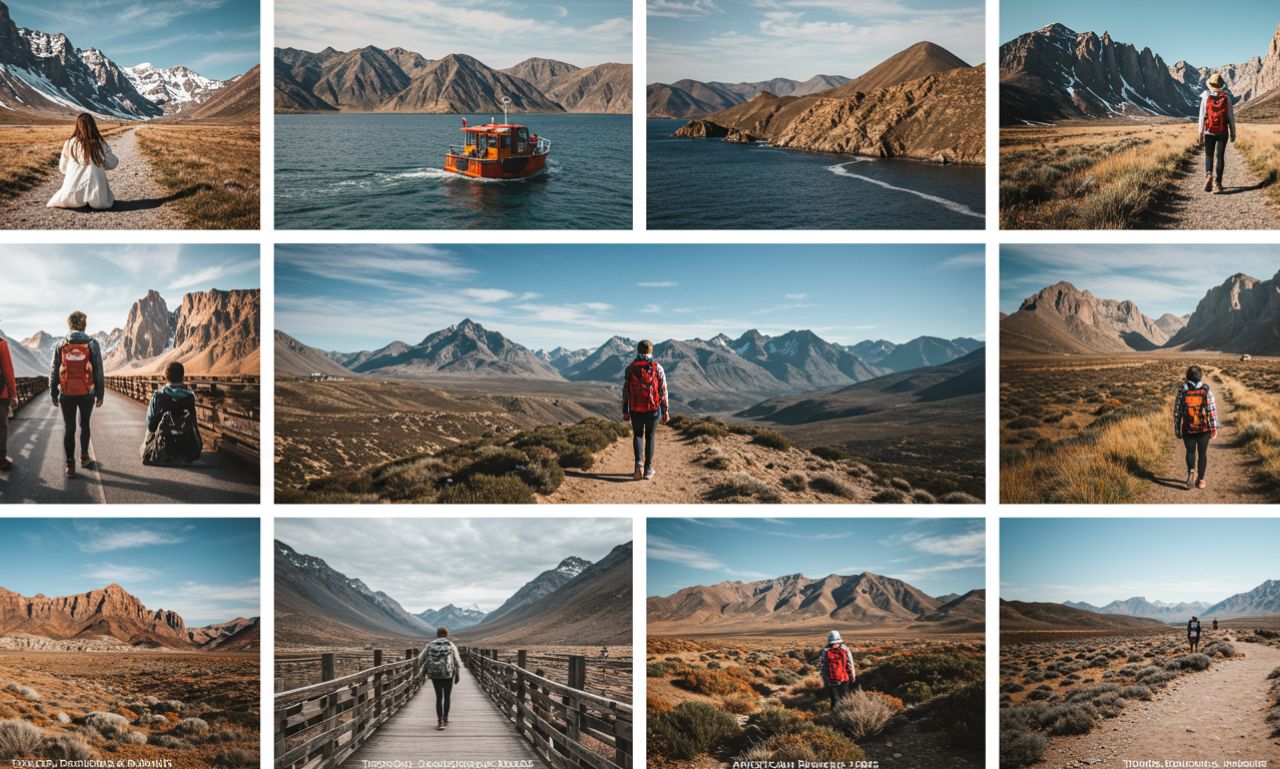The American revenge travel surge is redefining the tourism landscape in 2025. After years of restrictions and canceled plans, Americans are seizing every opportunity to travel more often, farther, and with bigger budgets. This surge is not just about vacations; it represents a cultural shift in priorities, with people putting experiences and personal fulfillment ahead of material possessions.
Understanding the American Revenge Travel Surge
Revenge travel is a term that emerged in the wake of the pandemic, reflecting travelers’ eagerness to make up for lost time. The American revenge travel surge highlights how strongly U.S. travelers have embraced this trend, turning it into a long-term shift rather than a passing phase. Airlines, hotels, and destinations have all reported a noticeable increase in bookings, with leisure travel outpacing pre-pandemic levels.
Travelers are spending more per trip, choosing luxury stays, and extending vacations. The desire to connect with family and friends, combined with a renewed sense of life’s unpredictability, has fueled this unprecedented surge.
Why the American Revenge Travel Surge is Growing
Several factors contribute to the continued rise of the American revenge travel surge. Economic resilience has played a role, with many Americans prioritizing travel in their budgets despite inflation. Flexible work arrangements also allow more extended travel, blending business with leisure.
Another factor is the pursuit of unique experiences. Travelers are increasingly seeking authentic cultural encounters, wellness retreats, and adventure tourism. Rather than sticking to traditional destinations, many are opting for less crowded, off-the-beaten-path locations.
Popular Destinations in the Travel Surge
As part of the American revenge travel surge, certain destinations have seen remarkable growth. Domestic travel remains popular, with national parks, coastal cities, and cultural hubs leading the list. Internationally, Europe has regained its status as a top choice, with countries like Italy, Spain, and Greece attracting record numbers of American visitors.
Asia is also making a strong comeback, particularly Japan and Thailand, known for their vibrant cultures and diverse attractions. Additionally, the Caribbean and Mexico continue to benefit from proximity and ease of travel for U.S. tourists.
The Role of Airlines and Hotels in the Surge
Airlines and hotels have been quick to adapt to the American revenge travel surge. Many airlines increased routes, added more international flights, and introduced flexible booking policies to accommodate evolving travel needs. Premium cabins and loyalty programs are also seeing record demand as travelers indulge in luxury experiences.
Hotels, on the other hand, have responded with creative packages. From wellness-focused stays to family-centered vacation packages, they are tailoring services to capture the spirit of revenge travel. Sustainable travel initiatives have also become a major focus, appealing to environmentally conscious tourists.
Impact on the Travel Industry
The American revenge travel surge has had a profound impact on the global travel industry. Destinations that previously struggled are now experiencing overwhelming visitor numbers. This sudden influx creates both opportunities and challenges, from boosting local economies to managing overtourism.
Tour operators, travel agencies, and digital booking platforms have all benefited from this surge. The demand for travel insurance, flexible itineraries, and curated experiences has never been higher. Additionally, technology plays a vital role, with apps and AI-driven platforms helping travelers personalize their journeys.
Changing Traveler Behavior
The American revenge travel surge is not just about volume but also about behavior. Travelers are more spontaneous, booking last-minute trips and showing greater flexibility in destinations. Experiences that promote well-being, nature immersion, and cultural learning are gaining more attention than traditional sightseeing tours.
Multigenerational travel has also surged. Families are prioritizing trips that allow grandparents, parents, and children to create lasting memories together. Solo travel, too, is on the rise, with individuals eager to embrace independence and self-discovery.
Challenges of the American Revenge Travel Surge
While the surge brings economic benefits, it also presents challenges. Overtourism in popular cities, rising airfare, and crowded airports are straining infrastructure. Environmental concerns are also pressing, as higher travel volumes increase carbon emissions and put pressure on natural resources.
Destinations must find ways to balance growth with sustainability. Many are implementing tourist caps, investing in eco-friendly initiatives, and promoting lesser-known areas to ease pressure on major attractions.
The Future of Revenge Travel
Looking ahead, the American revenge travel surge shows no sign of slowing down. Experts predict sustained demand for travel in the coming years, supported by changing work lifestyles and a cultural shift toward valuing experiences. However, the industry must innovate to manage demand responsibly.
Technology will play an even greater role, from AI-powered itinerary planning to virtual previews of destinations. Sustainable practices, like carbon-neutral flights and eco-lodges, will also become standard as travelers demand more ethical options.
Tips for Travelers During the Surge
For those planning trips during the American revenge travel surge, a few strategies can help:
-
Book early to secure better prices and availability.
-
Explore alternative destinations to avoid crowds.
-
Consider travel insurance for flexibility and peace of mind.
-
Support local communities by choosing sustainable and authentic experiences.
-
Embrace slower travel to maximize enjoyment and reduce stress.
Conclusion
The American revenge travel surge represents more than just a rebound in tourism; it reflects a profound shift in how people prioritize their lives. With travelers eager to make up for lost time, the industry is witnessing record demand and evolving rapidly to meet expectations. As Americans continue to embrace new destinations, experiences, and lifestyles, this surge is shaping the future of global travel in lasting ways.

